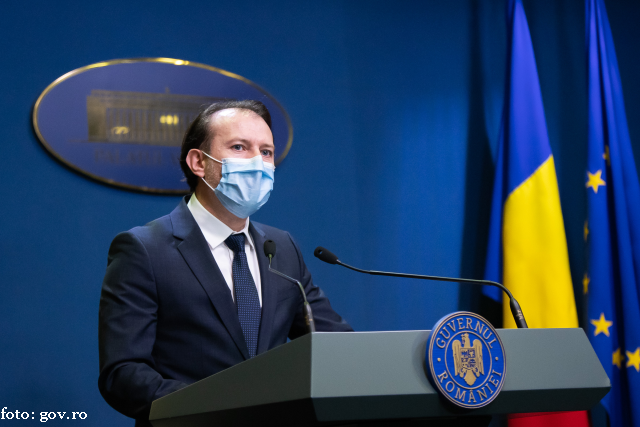The Recovery and Resilience Facility has been adopted
The EU relies on a new instrument to reduce the social and economic effects caused by the pandemic

Eugen Coroianu, 11.02.2021, 14:00
The European Parliament has adopted the Recovery and
Resilience Facility, a 672.5 billion Euros system of loans and grants available
to support reforms and investment undertaken by member states with a view to mitigating
the economic and social impact of the Coronavirus pandemic.
The instrument is expected to enter into force in the
second half of February and member states will have to prepare recovery and
resilience plans that set out a coherent package of reforms and public
investment projects. 13% of the sums can be made available right away and 70%
must be contracted until the end of next year. It is essential to defeat the
virus with vaccines but we also have a duty to help citizens, enterprises and
communities to get out of the economic crisis, the head of the European
Commission Ursula von der Leyen said.
The mechanism has been structured around several main pillars:
green
transition, digital transformation, economic cohesion, productivity and
competitiveness; social and territorial cohesion; health, economic, social and
institutional resilience; policies for the next generation.
The new financial mechanism is expected to allow the
EU to reach its goal of climate neutrality and make headway in the process of
digital transition creating fresh jobs and boosting economic growth.
Romania has been earmarked 30.44 billion euros in
funds that can be used to build and streamline its hospitals, to fund plans for
the institutional training and crisis response as well as for child & youth
policies. The national recovery and resilience plans should devote at least 37%
of total expenditure to investments and reforms that support climate objectives
and at least 20% to digital transition. The money could not be used to fund 5G
networks of some hostile companies from outside the EU. Funds also cannot be
used to cover budget deficits and expenses. Romania’s recovery plan is
currently under public discussion and permanent talks are being held with
European Commission representatives.
Romania’s Prime Minister Florin Citu has hailed the vote
in the European Parliament underlining that money is important in the recovery
of an economy affected by the medical crisis. ‘We are going to use this money
carefully to fund investment in infrastructure, digitization, green economy and
structural reforms. The government wants to complete as soon as possible the National
Plan of Recovery and Resilience so that Romania may have access to this
European funding shortly, the Romanian official went on to say.
(bill)






























